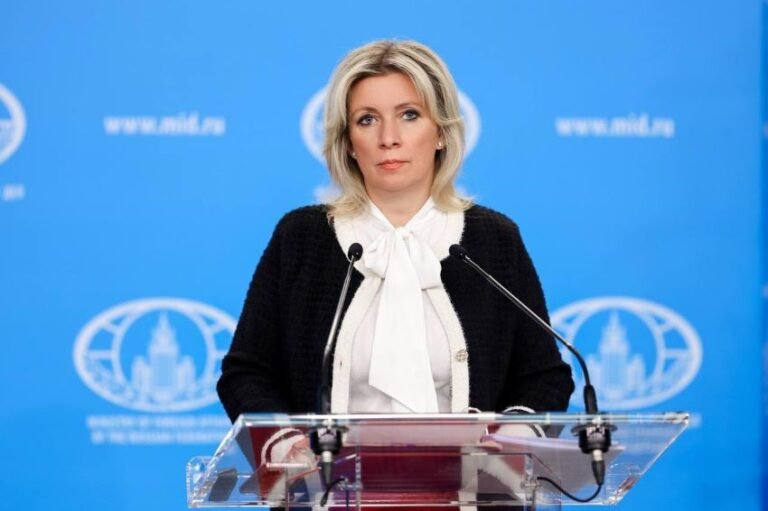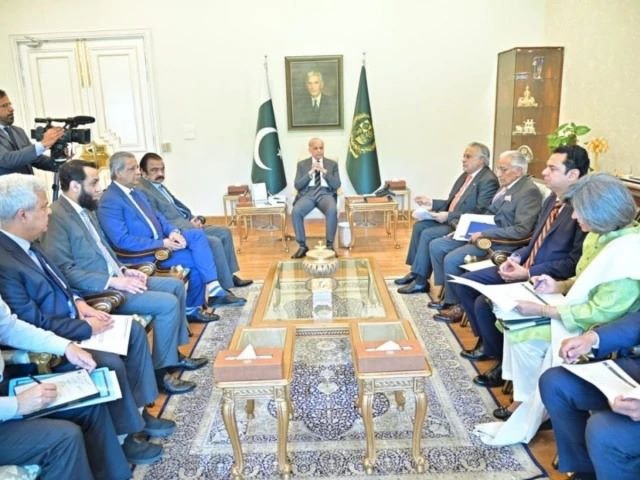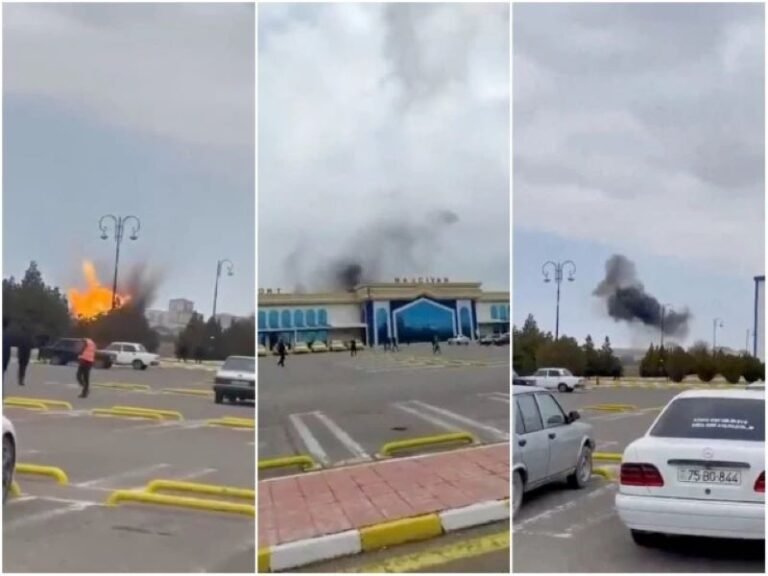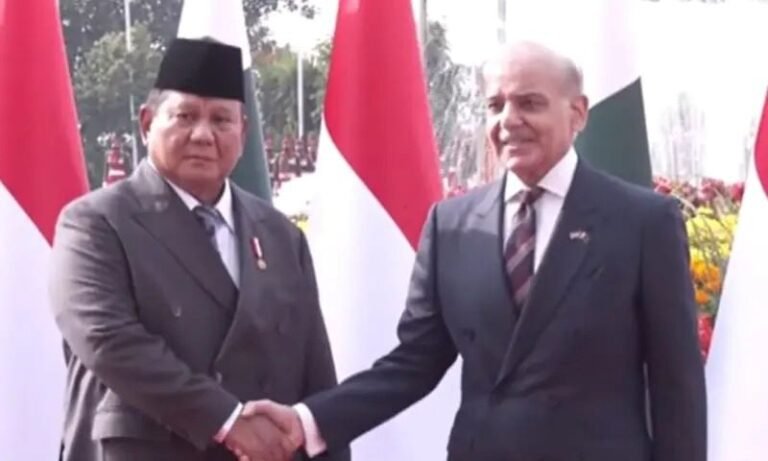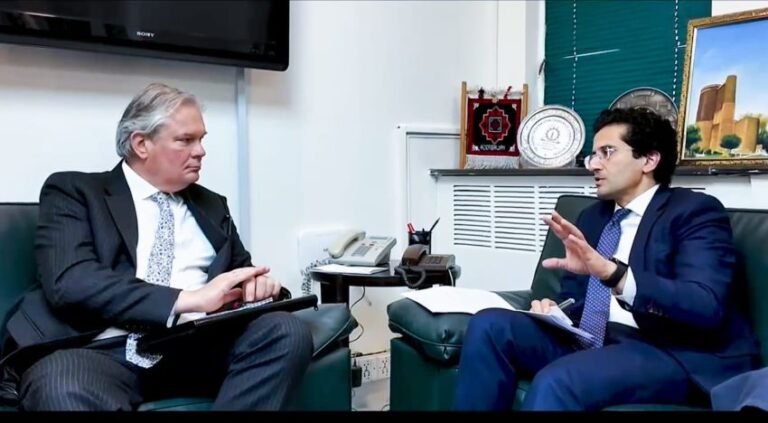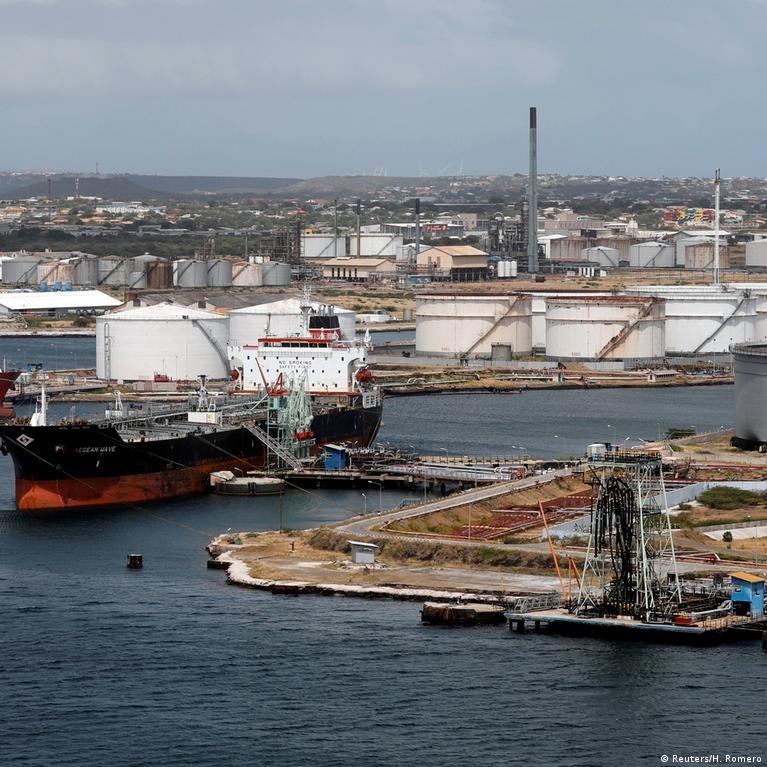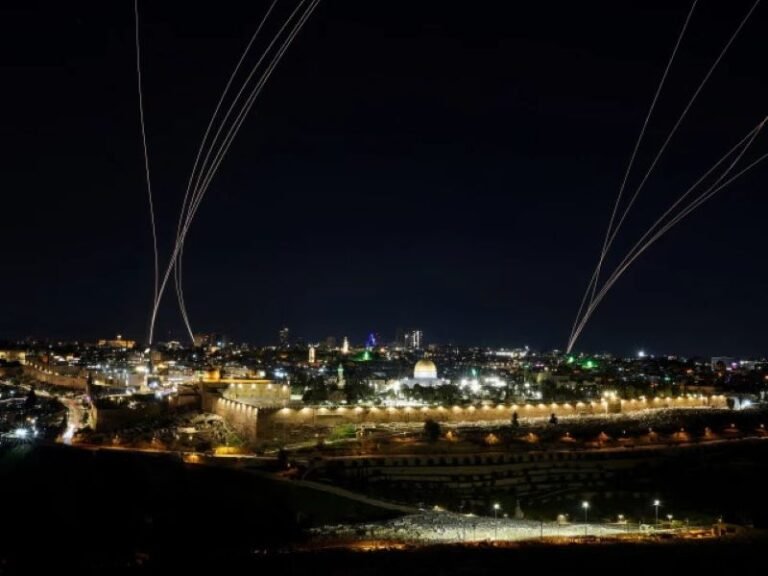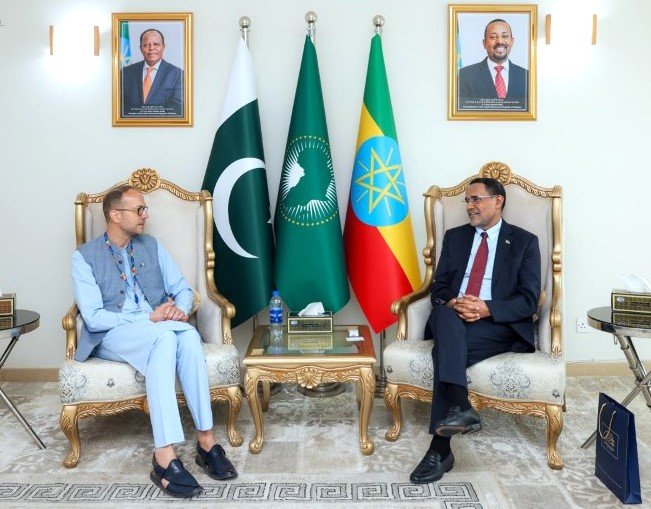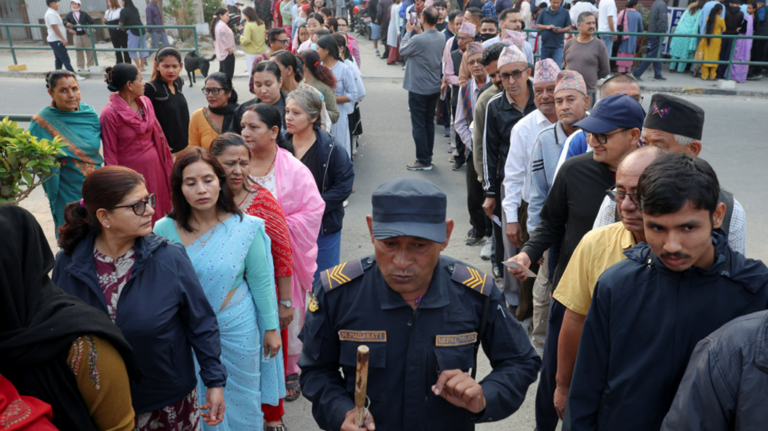Canberra (TDI): Australia and Papua New Guinea (PNG) have signed a mutual defense treaty, officially named the Pukpuk Treaty, as a major step in security cooperation between the two neighbors.
Pukpuk translates to crocodile and according to a copy of the deal seen by Australian Broadcasting Corporation (ABC), it justifies the name as: “[The treaty] has the ability to bite and like a crocodile, its bite force speaks of the interoperability’s and preparedness of the military for war.”
The agreement was formalized between Australian Prime Minister Anthony Albanese and PNG Prime Minister James Marape in a ceremony held at Australia’s Parliament House.
The treaty will establish greater connectivity between the defense forces of both nations, including the sharing of defense assets.
As part of the agreement, up to 10,000 Papua New Guineans will have a pathway to serve in the Australian Defense Force. PNG also plans to expand its own military force to 7,000 troops.
Prime Minister Marape emphasized the treaty was rooted in geography, shared history, and a “shared neighborhood.” He rejected framing the pact as a response to great power rivalry; adding that PNG is “transparent” with China.
Read More: Caught Between Allies and Trade: Australia’s Geopolitical Challenges
“We have told them that Australia is our security partner of choice and they understand our alliances here… Other aspects of our relations have never been compromised,” he said.
Marape noted that PNG “maintain[s] friendships to all enemies” and that the treaty is not an outcome of geopolitics. He asserted PNG’s commitment to peace being central in its foreign relations.
As for Australia, the Pukpuk Treaty marks a new chapter in the security architecture of the Pacific region, demonstrating its continued focus on formalizing defense partnerships with neighbors.
For PNG, this treaty offers an opportunity to strengthen its defense infrastructure, upscale its military, and deepen institutional ties with Australia. The treaty comes as PNG recently marked 50th anniversary of independence from Australia.
Both leaders downplayed framing the treaty to counter any particular country but the security pact is being analyzed in the broader context of rivalries and competing interests in the Pacific.
Established in December 2008, The Diplomatic Insight is Pakistan’s premier diplomacy and foreign affairs magazine, available in both digital and print formats.


